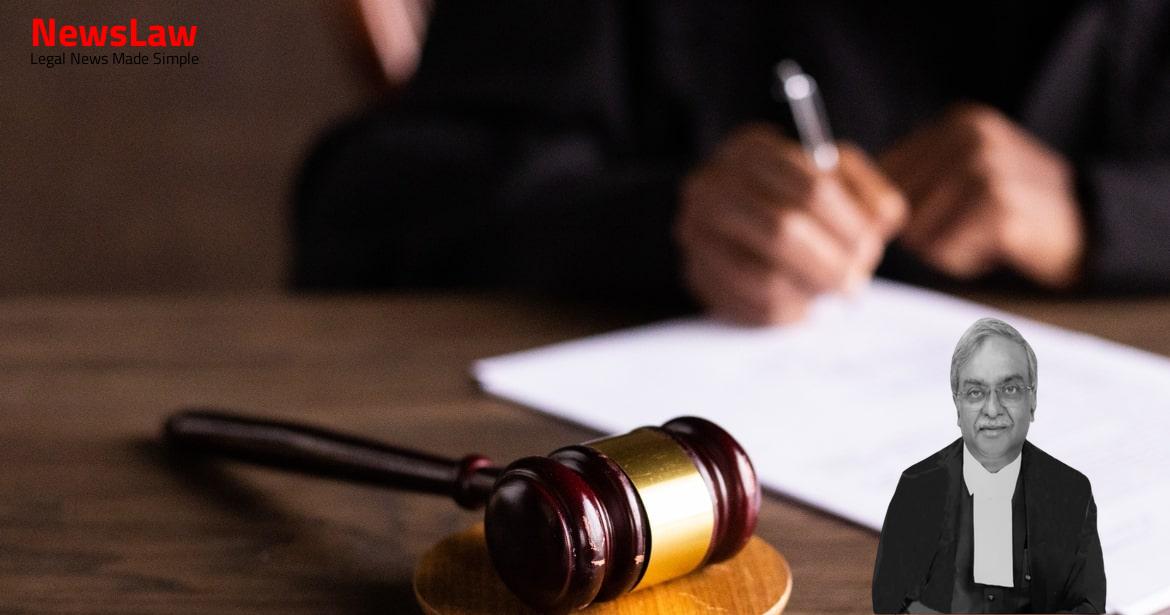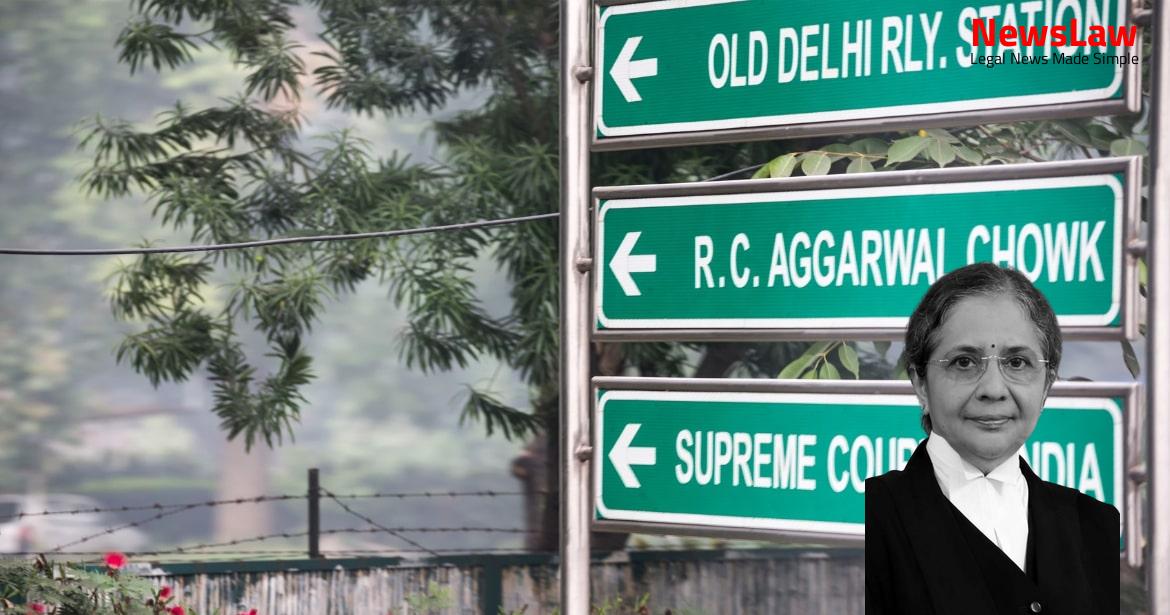In the case of Surendra Maternity and Trauma Hospital vs. Respondent No. 2, the High Court has made a significant decision to quash criminal proceedings arising from a Civil Suit filed by the Appellants. The dispute, primarily civil in nature, revolves around ownership of the Hospital property and a registered sale deed. Stay tuned for more details on this case.
Facts
- The Appellants, who are doctors running Surendra Maternity and Trauma Hospital in Haryana, were paying rent to Respondent No 2’s son for the Hospital property until August 2022.
- The Appellants purchased the land on which the Hospital stood through a registered sale deed from Sher Singh for Rs. 43,00,000/-.
- Three registered sale deeds were produced by the Appellants to establish ownership of the Suit Property through a chain of transfer.
- FIR No 372/2022 was registered by the Appellants against three individuals, including Kaptan Singh and son of Respondent No 2.
- Fearing dispossession, the Appellants filed a Civil Suit seeking a permanent injunction against Respondent No 2, her husband, and another individual.
- A charge-sheet was filed in respect of the Subject FIR on 17.03.2023, and the Appellants have been granted anticipatory bail by the High Court.
- The Appellants alleged that the accused persons had fraudulently collected rent from them for a prolonged period despite not owning the Suit Property.
- The Court found that the ingredients of the alleged offences were established against the Appellants.
- The application for quashing was dismissed based on this finding.
- The High Court mentioned in the Impugned Order that the allegations were connected to Killa No 8 in Mustkil No 33.
- It was noted that the Appellants did not claim to have purchased the said property.
Also Read: Justice Denied: Victim Excluded from Settlement Agreement Case
Arguments
- Learned Counsel for the Appellants argued that the dispute between the parties is essentially civil in nature.
- It was contended that the appropriate civil remedy is already being pursued by the Appellants.
- The criminal proceedings arising from the FIR were deemed as an abuse of the legal process.
- The history of litigation between the parties, including the pending Civil Suit and the FIR filed by the Appellants against the family of Respondent No 2, was highlighted.
- The High Court was criticized for allegedly overlooking this aspect of the case.
- Learned Counsel for the State of Haryana argues that there is enough prima facie evidence to proceed against the Appellants.
- The existence of a civil profile does not warrant the quashing of criminal proceedings.
Also Read: Analysis of Jurisdiction under Section 319 of the CrPC
Analysis
- Despite being served, Respondent No. 2 did not contest the matter before the court.
- The power under Section 482 of the Code is to be used cautiously to prevent abuse of process or to secure justice.
- Determining if a complaint discloses a criminal offense depends on the facts alleged.
- High Court judges if essential elements of a criminal offense are present.
- Key aspects include Respondent No. 2 registering the FIR after the Civil Suit, pursuing action only against specific individuals, failure to contest before the Court, and the Appellants’ bonafide payment of rent.
- Drawing from Paramjeet Batra v. State of Uttarakhand & Ors., the Court found the dispute to be primarily civil in nature, mainly concerning lawful possession of the Suit Property or the validity of the RSD.
- An attempt to turn a civil dispute into a criminal one was noted, and the Appellants had already resorted to the civil remedy for establishing their claim.
- High Court must determine if a dispute essentially civil is disguised as a criminal offense
- If a civil remedy is available and pursued, the High Court can quash criminal proceedings to prevent abuse of court process
- In this case, the criminal complaint questioning a property transaction was actually a civil matter with a corresponding civil remedy
- Since a civil remedy was being pursued, the High Court should have quashed the criminal proceedings
- Impugned Order is set aside, and all criminal proceedings from the Subject FIR are quashed
Also Read: Interpretation of Section 34 IPC in Conviction and Sentencing
Decision
- Pending applications are disposed of
- Order will not affect the Civil Suit pending between the parties
- Civil Suit will be decided in accordance with the law
- Result: Appeal allowed
Case Title: DR. SONIA VERMA Vs. THE STATE OF HARYANA (2024 INSC 227)
Case Number: Crl.A. No.-001433-001433 / 2024



